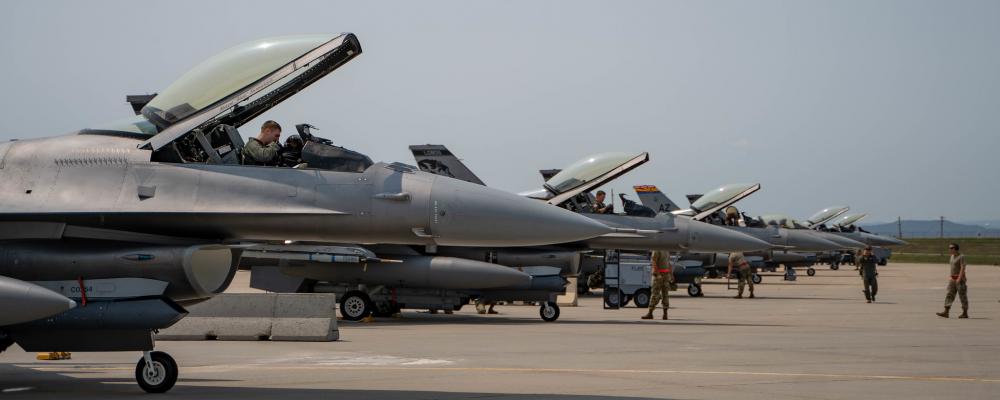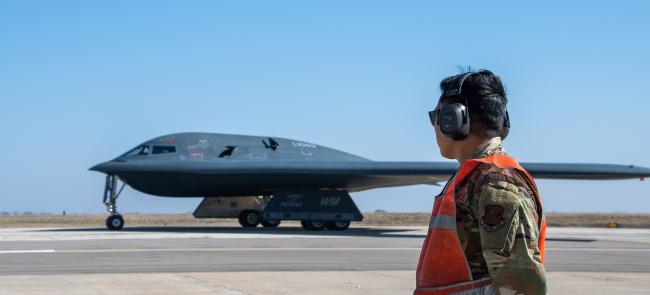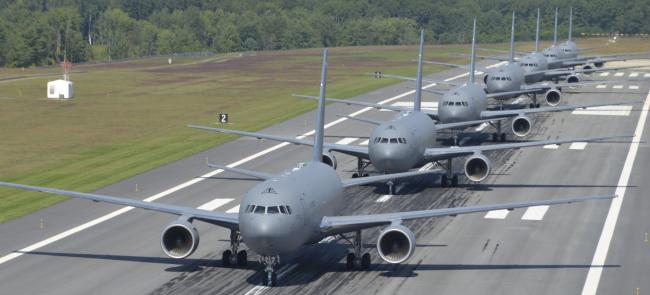
A groundbreaking Air Force study released last year determined fighter pilots and air crews were far more likely to be diagnosed with certain cancers than other airmen.
Legislation introduced last week by an Air Force Reserve fighter pilot seeks to determine if the risk extends to those who fuel, arm and maintain warplanes.
The Aviator Cancer Examination Study Act (H.R.7524), introduced by Rep. August Pfluger, R-Texas, would require the Department of Veterans Affairs to identify the cancer incidence in the entire aviation community, what toxins they faced and whether a link exists between their illnesses.
The bill would task the VA with identifying the “chemicals, compounds, agents or other phenomena” they were exposed to.
The legislation would also mandate the VA conduct a concurrent study determining whether there is “a scientifically established causal link between such a chemical, compound, agent or other phenomena and such cancer incidence or mortality risk.”
The bill differs from a provision in the fiscal 2021 National Defense Authorization Act by requiring toxin identification regardless of whether an overall elevated cancer incidence is found.
Pfluger hopes this would help sick aviators get their care covered faster.
“I've served with many pilots that had cancer,” he told Defense One last week. “Some of them didn't survive.”
The Air Force study released last year looked at pilots and weapon system officers who served on active duty between 1970 and 2004, comparing them to peers who did not fly fighter aircraft.
The study, “Cancer Incidence and Mortality Among Fighter Aviators,” found pilots and crews were 30% more likely to develop testicular cancer and roughly 25% more likely to develop skin and prostate cancer.
The Air Force Research Laboratory performed the study. It examined the cancer rates of 34,679 aviators, comparing them to more than 411,000 officers who served at least one day on active duty between 1970 and 2004.
Overall, fighter pilots were more likely to be diagnosed with non-Hodgkin lymphoma, melanoma and prostate cancer, while less likely to have renal, thyroid and urinary cancer diagnoses. Other cancers, like brain cancer, occurred at similar rates.
The study is the largest of its kind, seemingly confirming long-held suspicions fighter pilots are more susceptible to certain cancers.
The Defense Health Agency is currently conducting a larger cancer review, directed by Congress, examining cancer rates among pilots across all military branches.
Based on that review’s results, the Pentagon may be required to launch a deeper examination of potential causes, including cockpit emissions, fuels, radars and other environmental factors.











